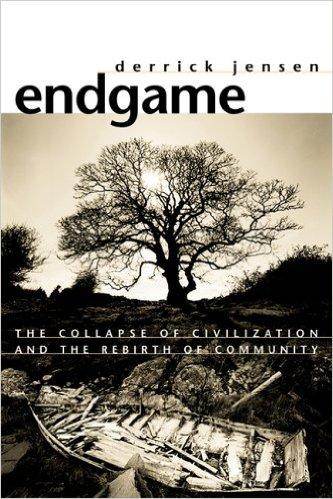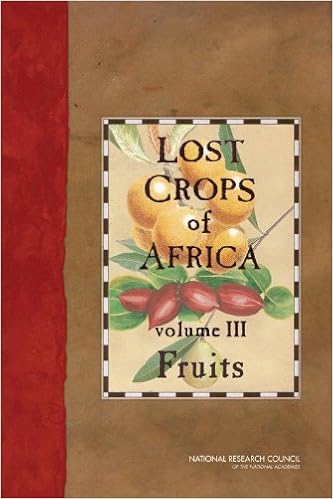
 2
2









“I no more advocate violence than I advocate nonviolence. Further, I think that when our lifestyle is predicated on the violent theft of resources, to advocate nonviolence without advocating the immediate dismantling of the entire system is not, in fact, to advocate nonviolence at all, but to tacitly countenance the violence (unseen by us, of course: see Premise Four) on which the system is based. I advocate speaking honestly about violence (and other things), and I advocate paying attention to circumstances.”
Seeking a long-term partner to establish forest garden. Keen to find that person and happy to just make some friends. http://www.permies.com/t/50938/singles/Male-Edinburgh-Scotland-seeks-soulmate
 1
1








Seeking a long-term partner to establish forest garden. Keen to find that person and happy to just make some friends. http://www.permies.com/t/50938/singles/Male-Edinburgh-Scotland-seeks-soulmate
 1
1




“The most important decision we make is whether we believe we live in a friendly or hostile universe.”― Albert Einstein




One must take care that the flailing outward in anger is not just a projected (psychologically-speaking) lashing out against one's personal demons. From strip-mining in North Dakota (once the third largest nuclear power......in the WORLD!) to eco- and genocide the world over, those demons, collectively, will propel a population to create a world where even Max Rockatansky would fear to tread.
Seeking a long-term partner to establish forest garden. Keen to find that person and happy to just make some friends. http://www.permies.com/t/50938/singles/Male-Edinburgh-Scotland-seeks-soulmate




Idle dreamer

| I agree. Here's the link: http://stoves2.com |








